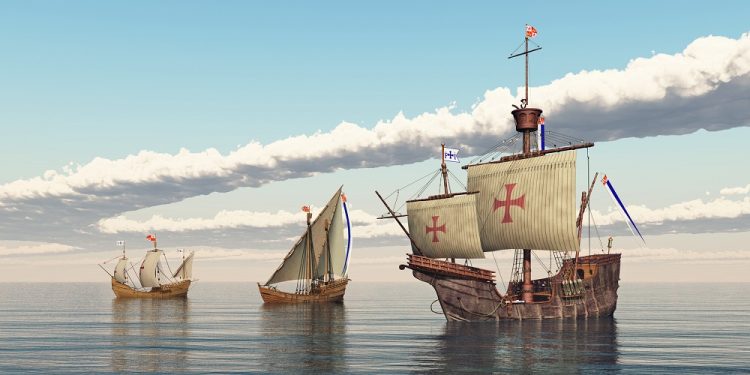
Columbus Day
Columbus Day celebrates the day when Christopher Columbus first arrived in the Americas, which occurred on October 12, 1492. It is a day that is celebrated in many parts of North America as well as in parts of Latin America and the Caribbean.
Although it was often mistakenly thought of as the day when America was “discovered,” that idea has met with controversy over the years due to the preponderance of scientific evidence that proves this explorer wasn’t the first European to set foot on the shores of the New World.
Regardless of this fact, Columbus Day is still celebrated by many people because this explorer’s exploration of the Americas opened up the New World to European colonization. It is also celebrated by many Italian-American communities who view this day with much pride.
History
The arrival of Christopher Columbus in the Americas has been celebrated since colonial days. The first American celebrations of this holiday—on a city-wide or state basis—occurred in 1792, when several U.S. cities, such as New York, marked the 300th anniversary of this explorer’s landing.
However, this day wouldn’t officially become a holiday until 1906, when Colorado made it an official state holiday. It would be another 31 years before it would become an official federal holiday in 1937. Although it is an official federal holiday, its celebration, or lack thereof in some cases, is inconsistent across the United States.
While some states celebrate it and even close schools on this day, other states ignore it completely. For instance, the states of Alaska, Hawaii, Oregon, and South Dakota don’t recognize the holiday at all, but the states of Virginia and Florida do. Some states have replaced Columbus Day with Native American Day.
This was done not only to show solidarity for the indigenous people of the Americas but also to avoid celebrating the landing of Christopher Columbus—which directly preceded the colonization of the Americas by Spanish conquistadors.
Conclusion
Although Columbus Day celebrations have been cast in a controversial light as of late because of the disenfranchisement and death of Native Americans by European settlers during the colonization period of the New World, it is also controversial because Christopher Columbus never actually set foot on mainland America—only some Caribbean islands—and even if he had, he was preceded by several hundred years by the Vikings and the Chinese.
Even with all of the controversy, however, it is still regarded by some people as an important day in American history and as a source of pride for many Italians, both in the United States and in Italy.








